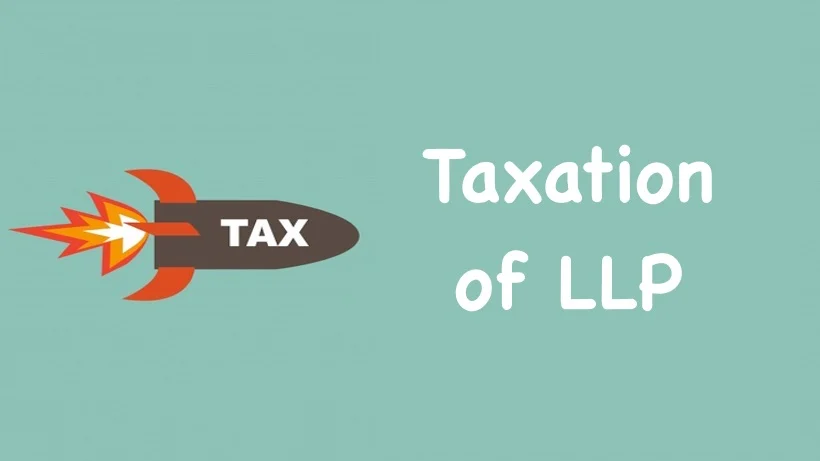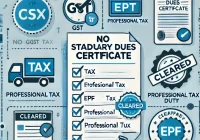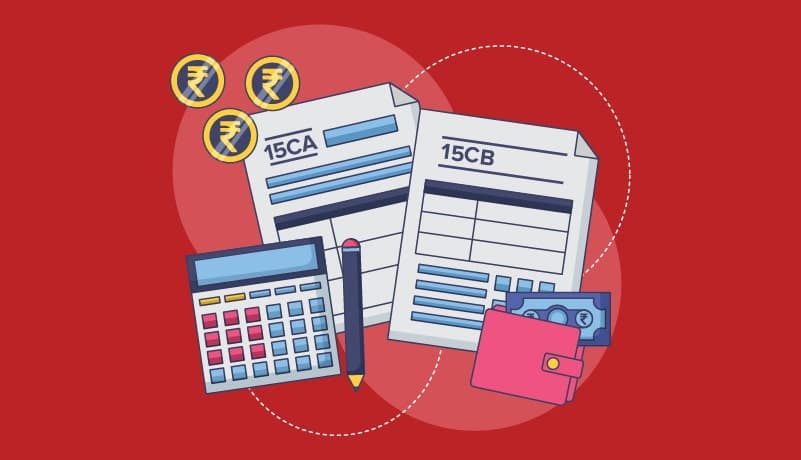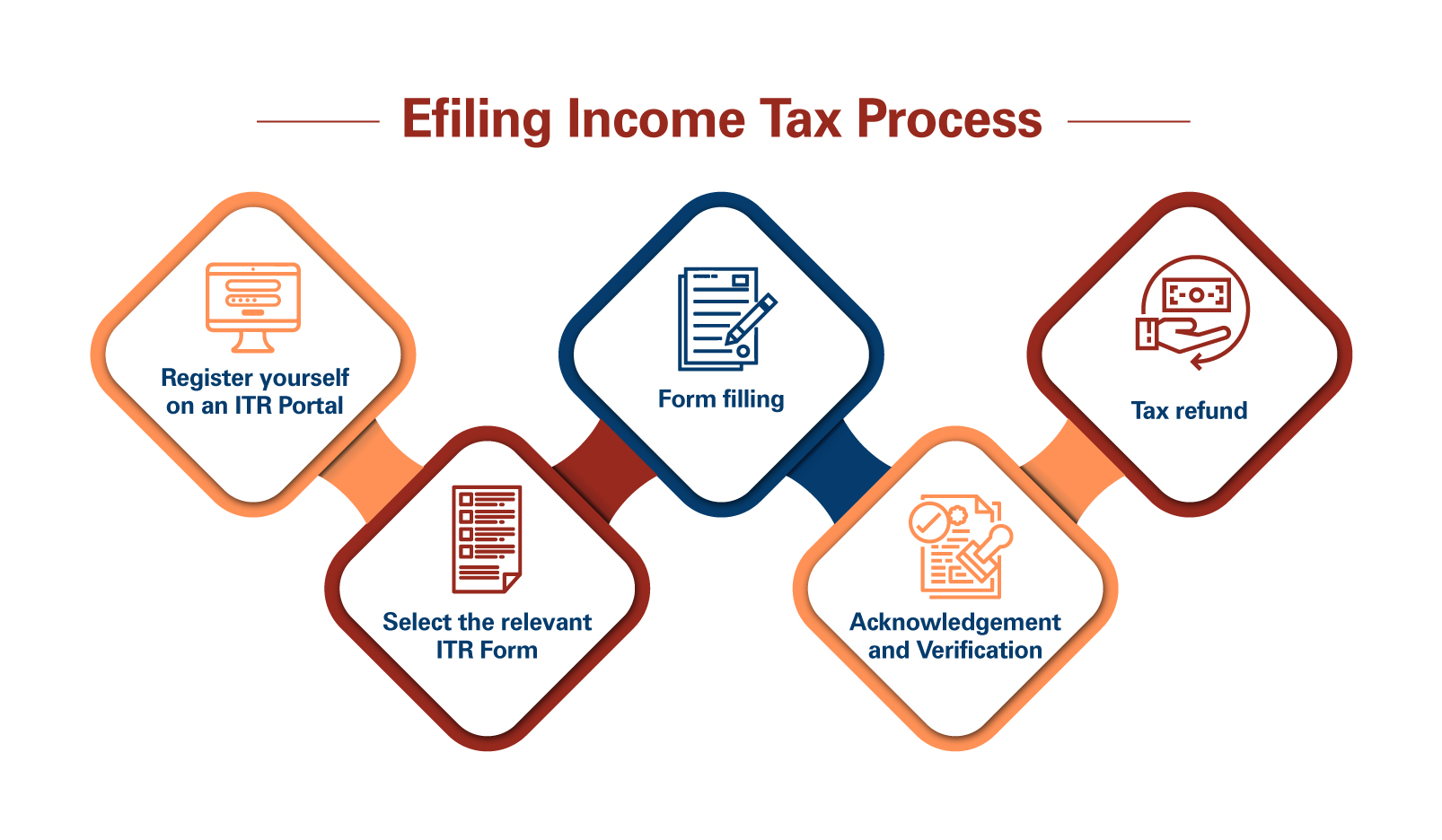Public Provident Fund (PPF)
Public Provident Fund(PPF) The Public Provident Fund (PPF) is a long-term savings and investment scheme introduced by the Indian government. It is one of the most popular and tax-efficient savings options available to Indian residents. Overview of the Public Provident Fund: 1. Purpose: PPF is design to encourage small savings and long-term wealth… Read More »









